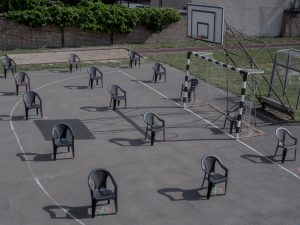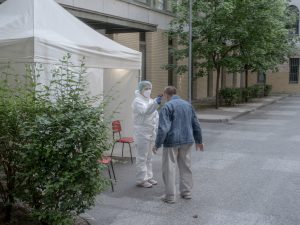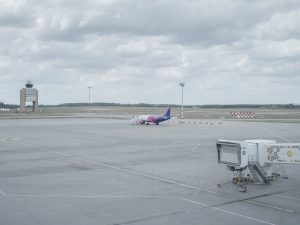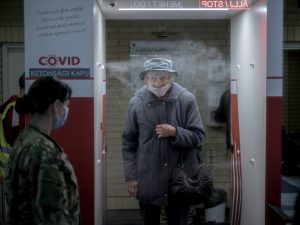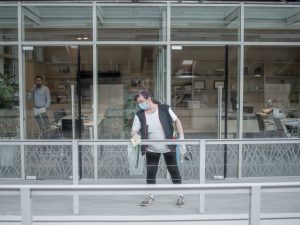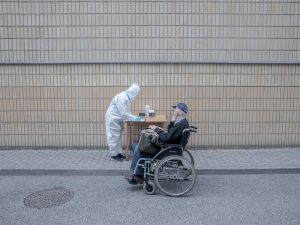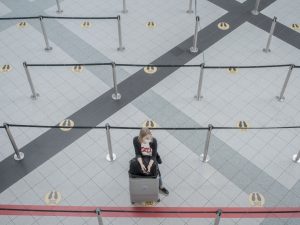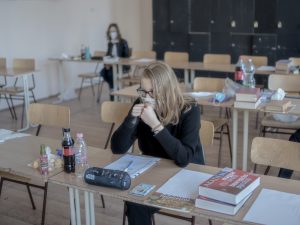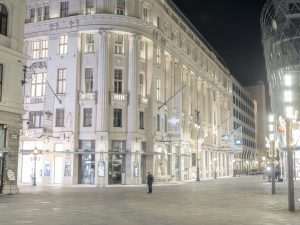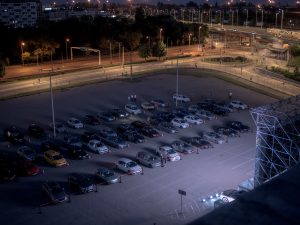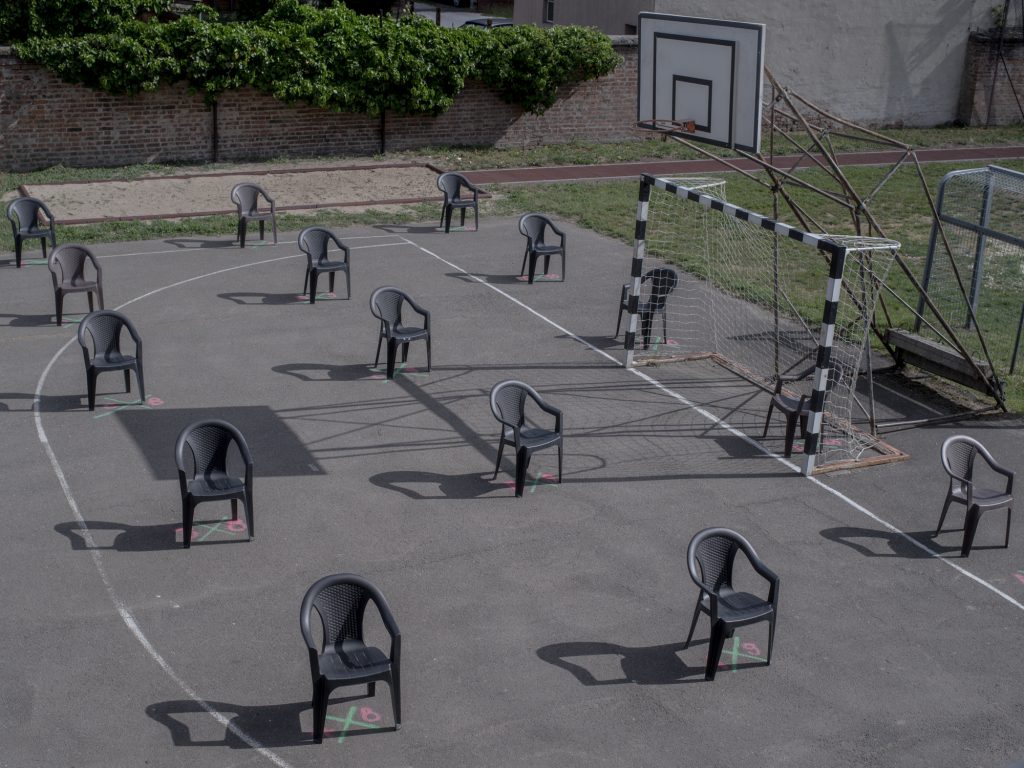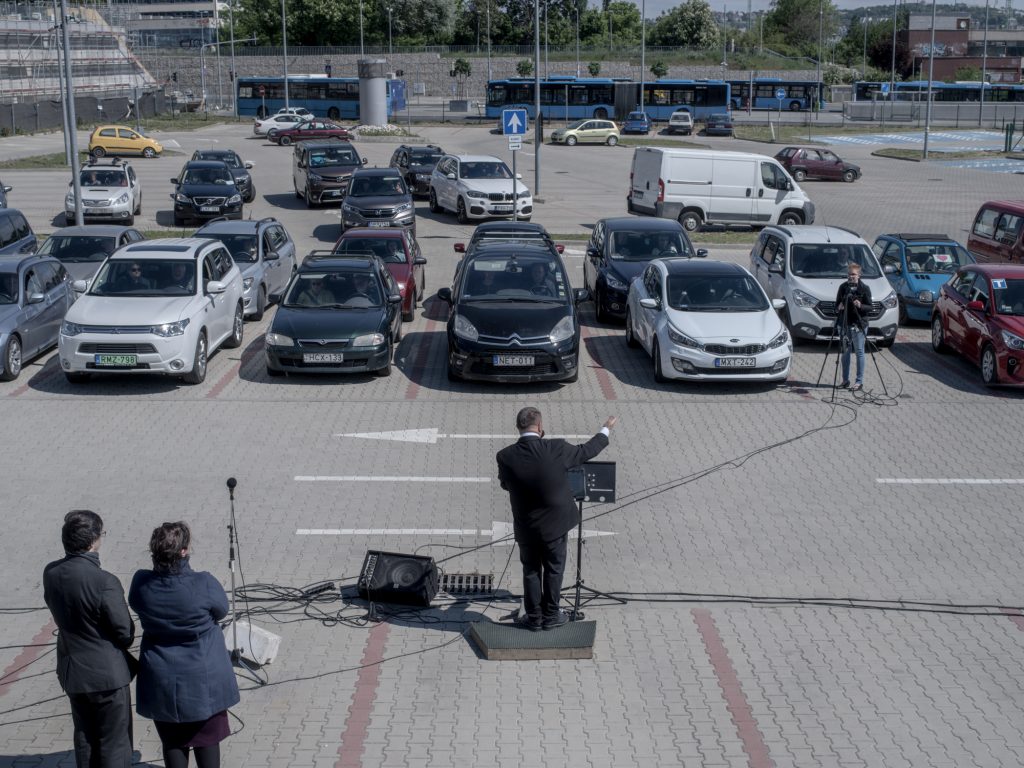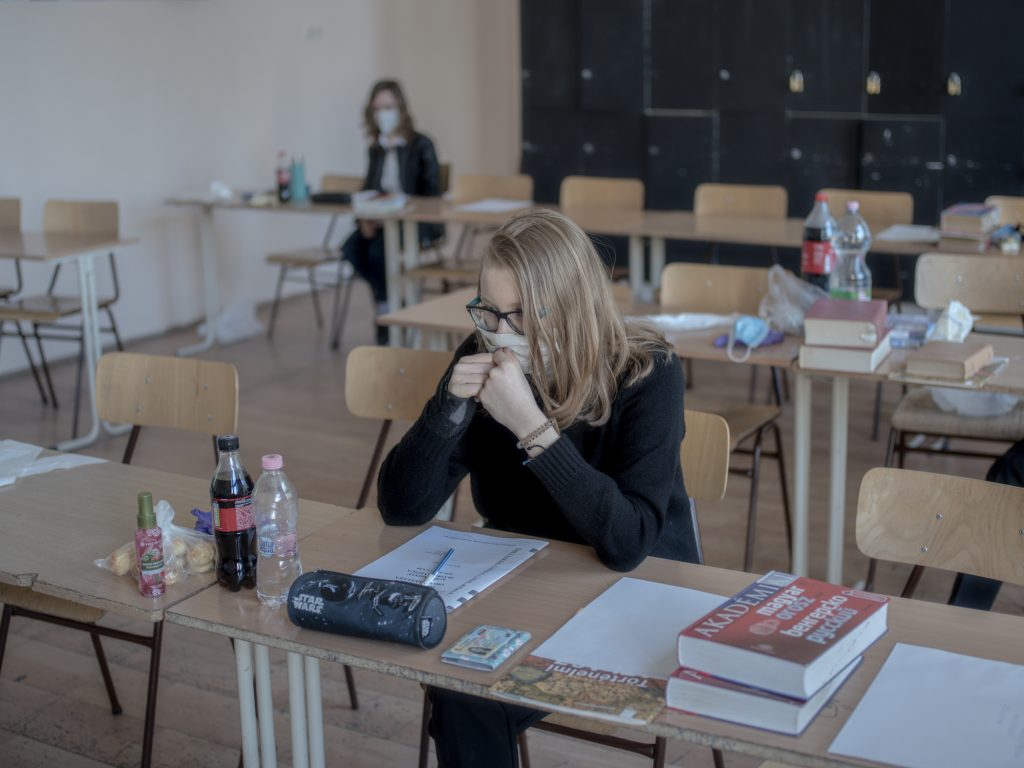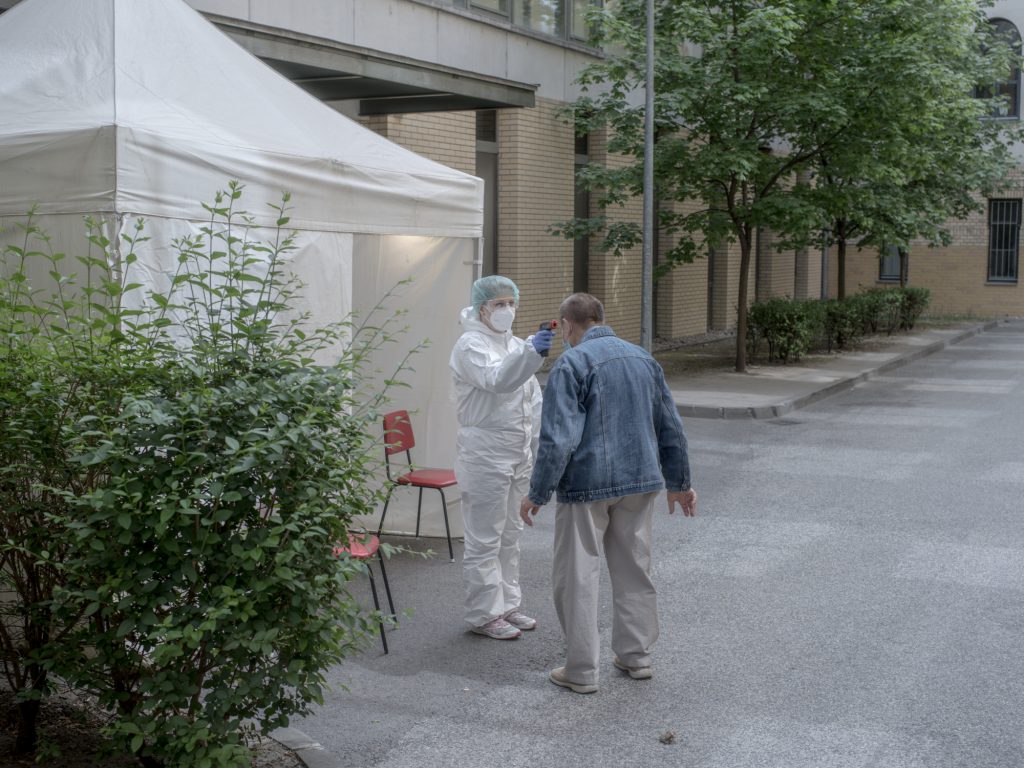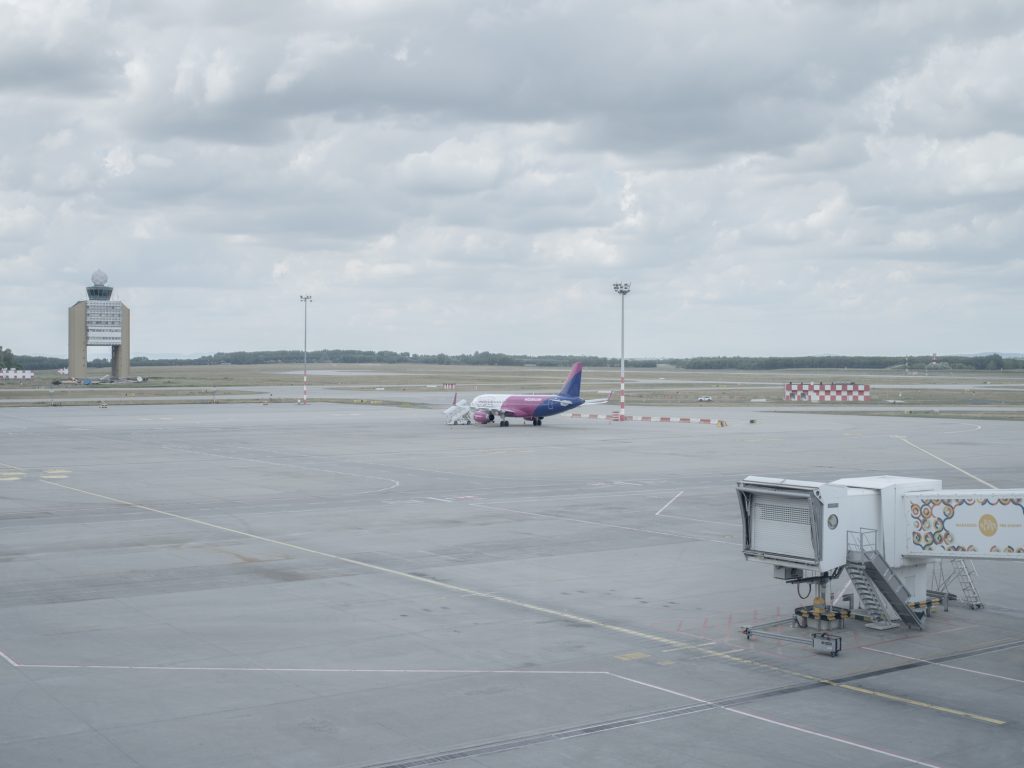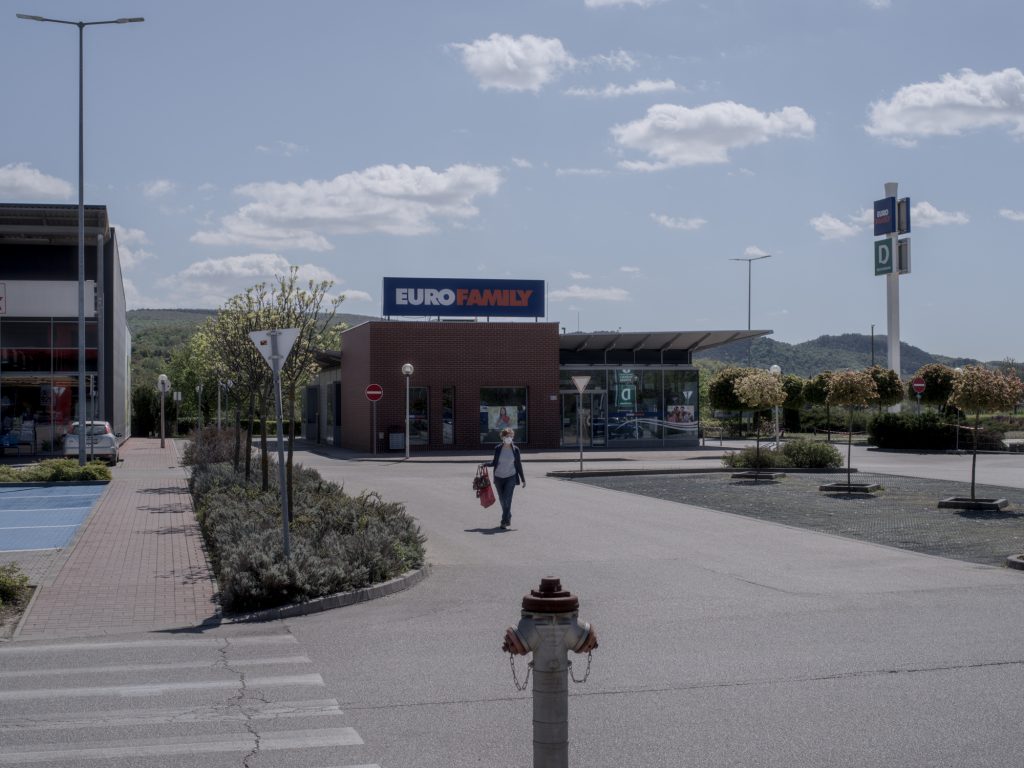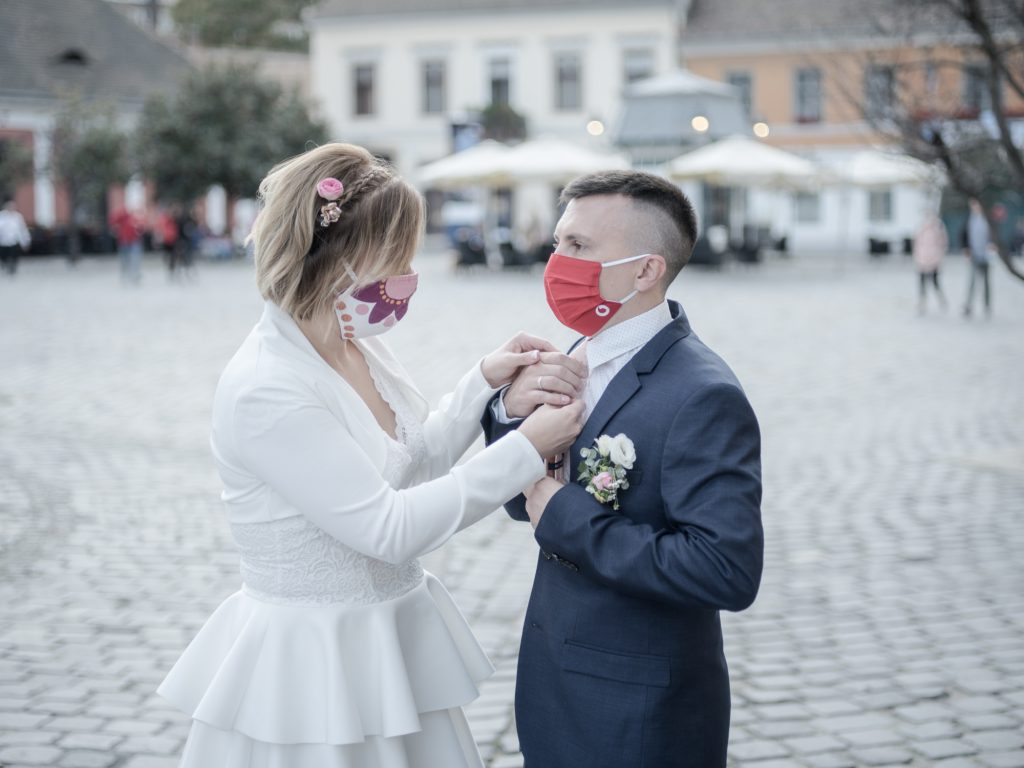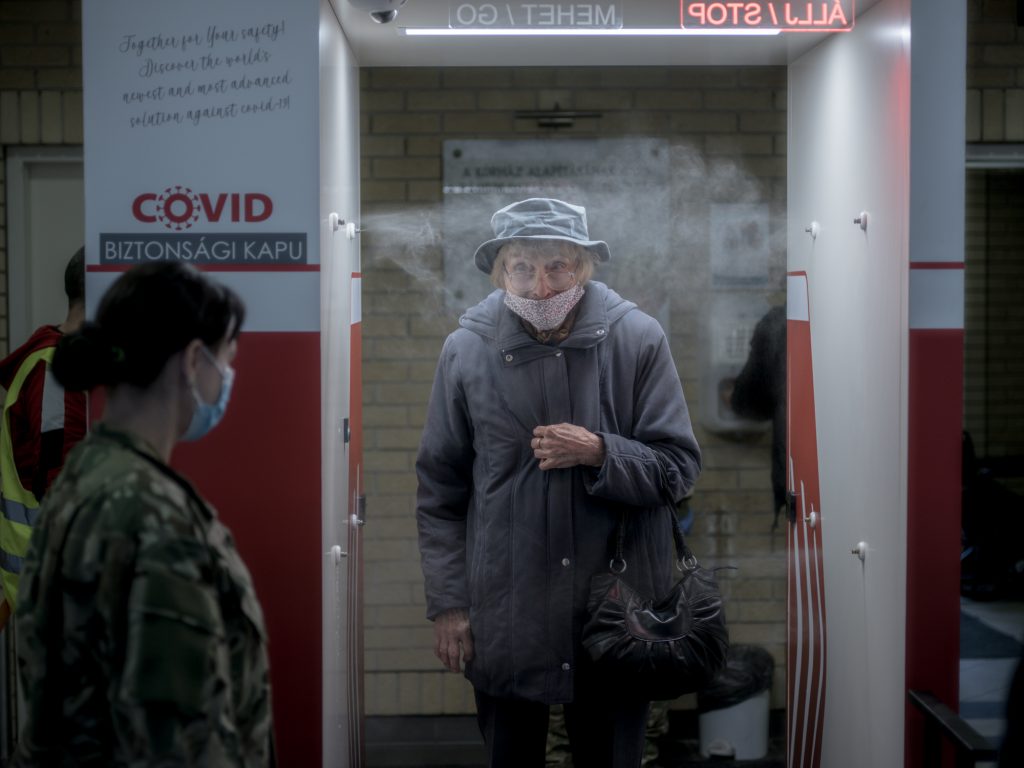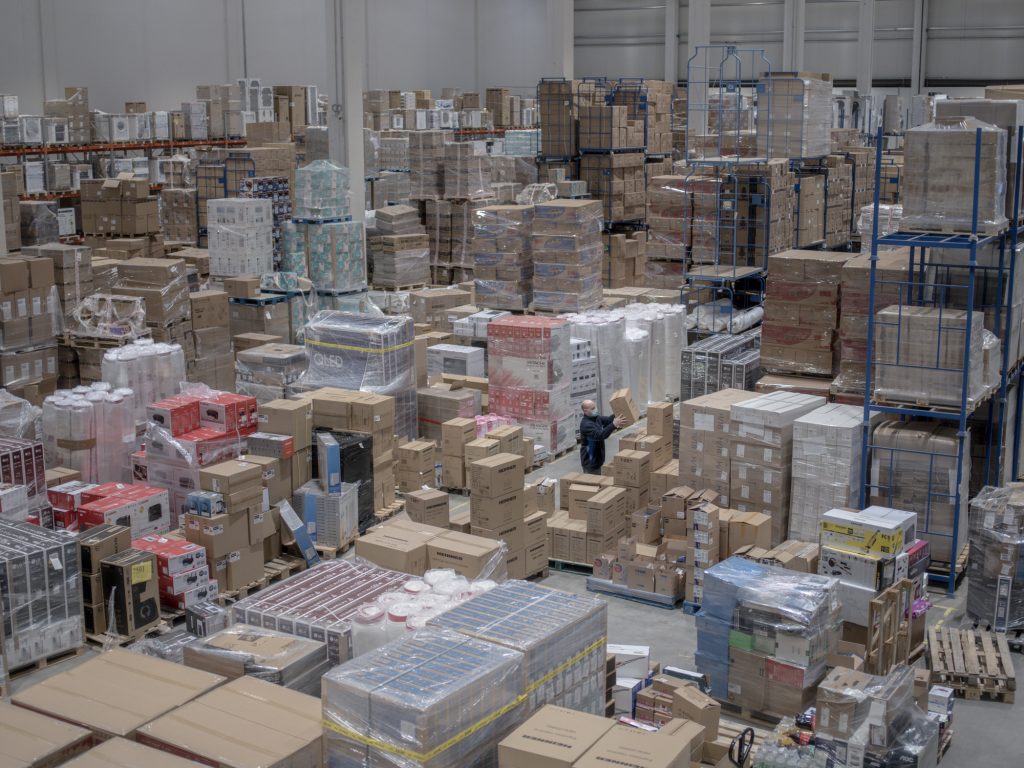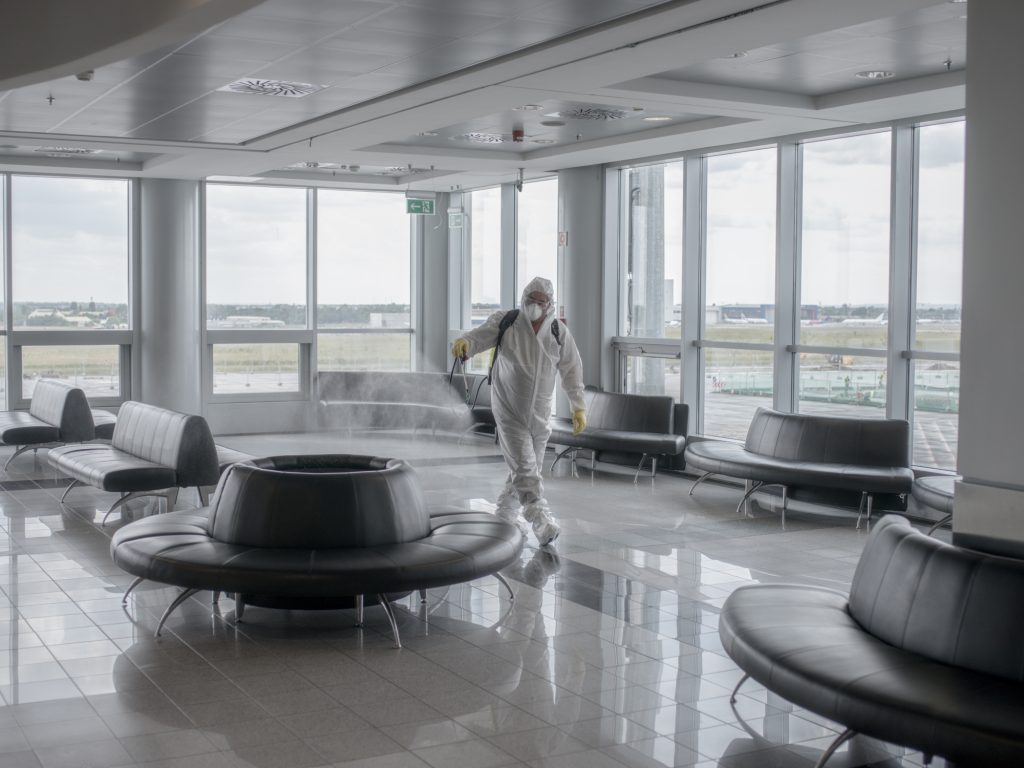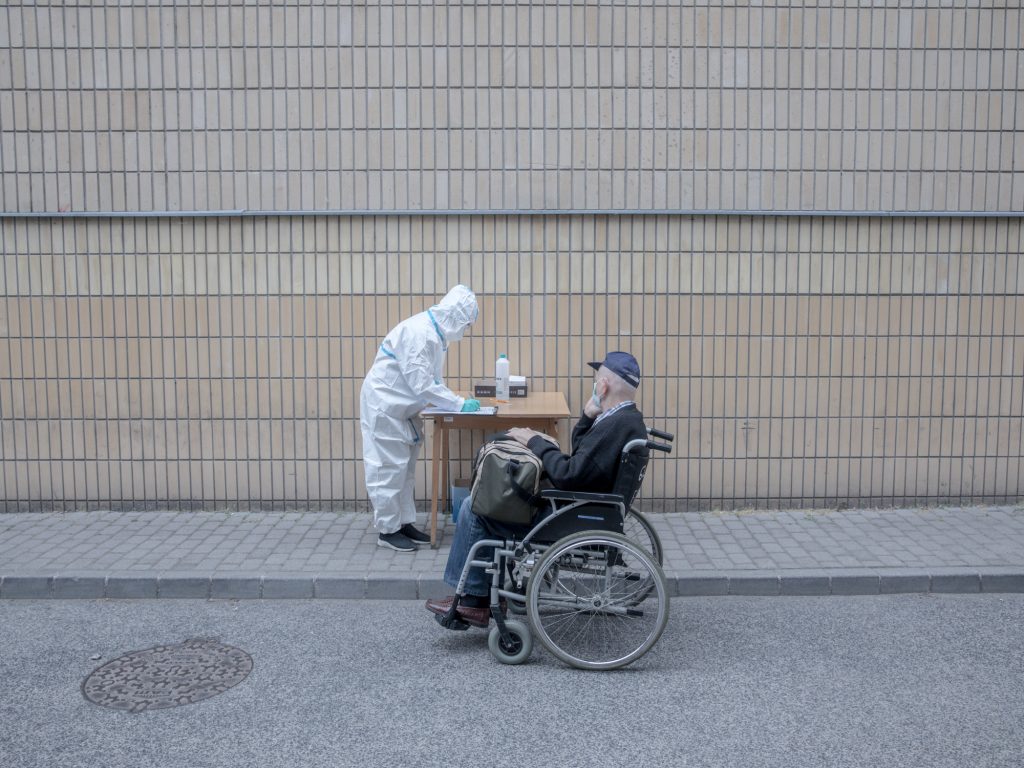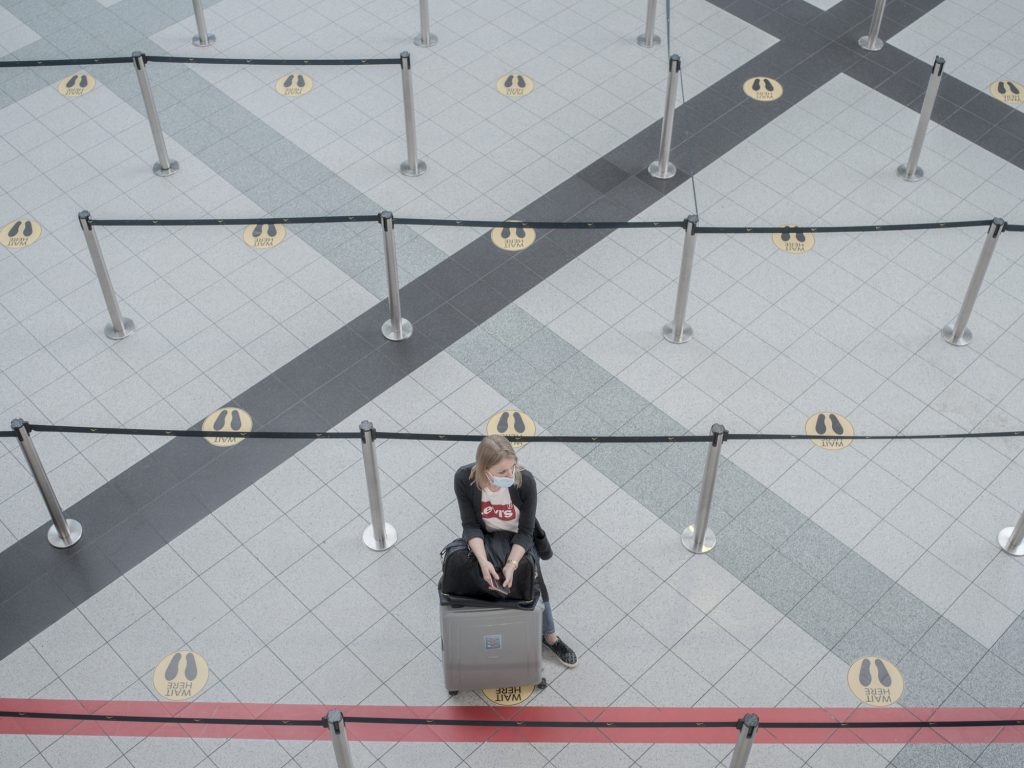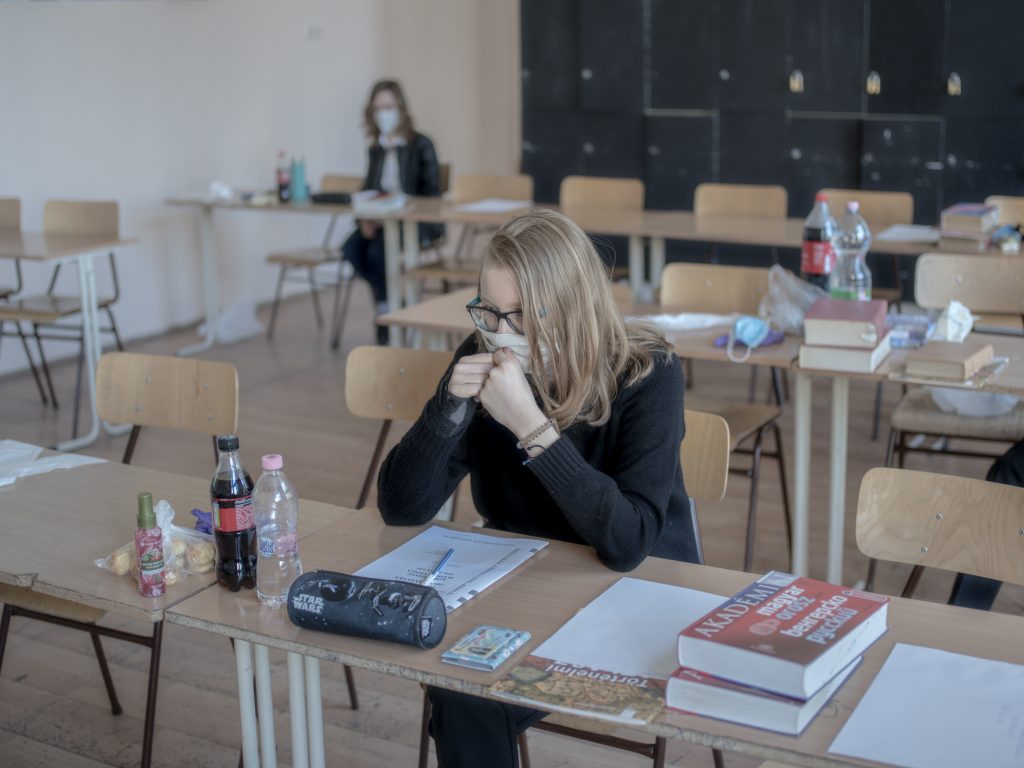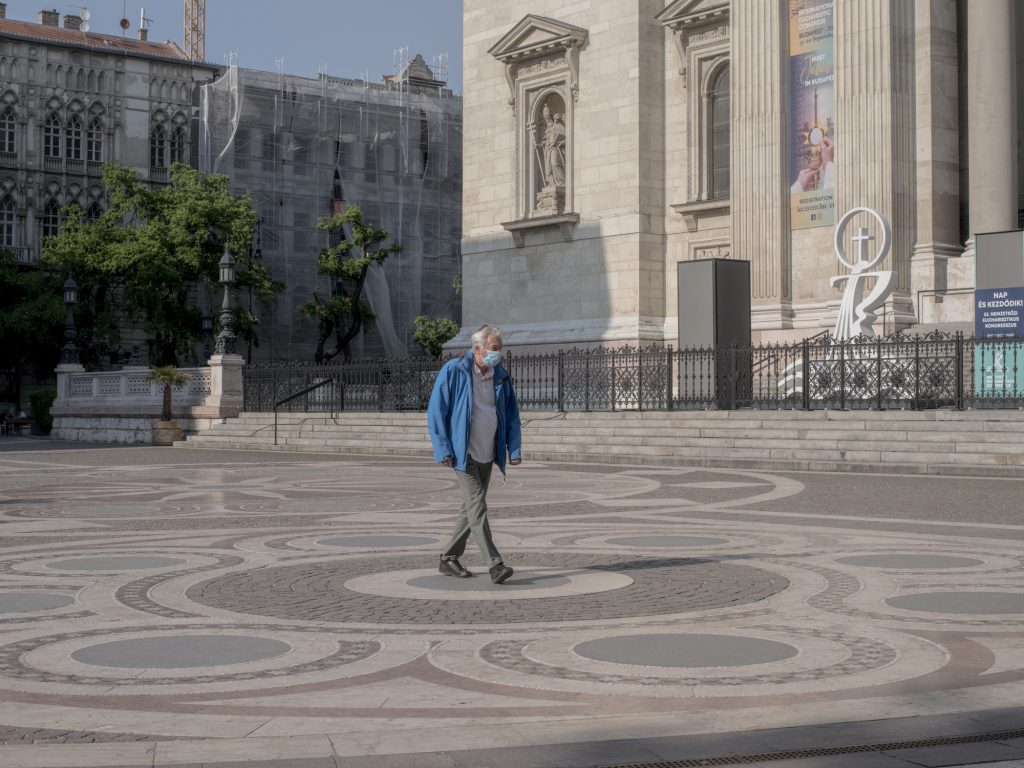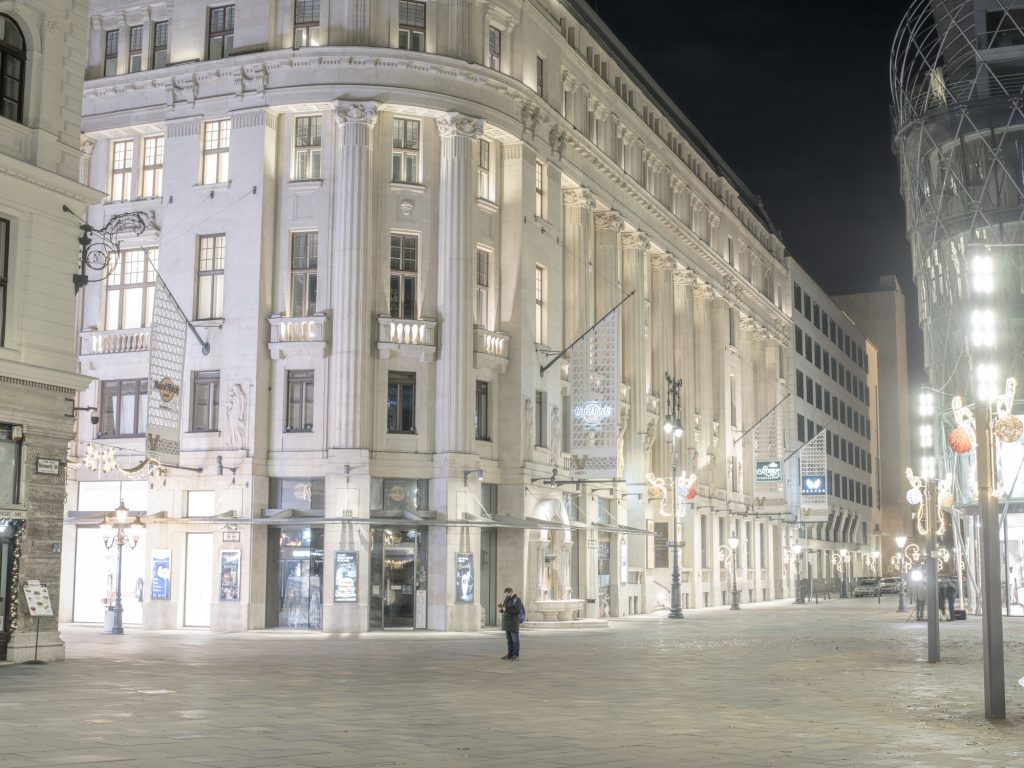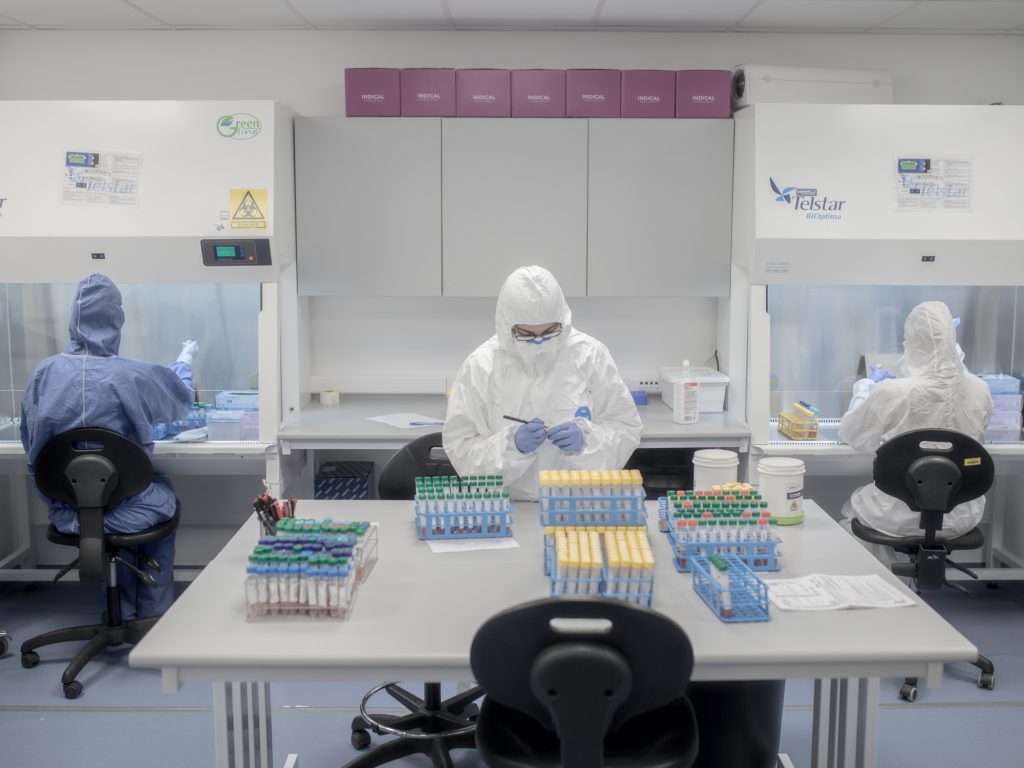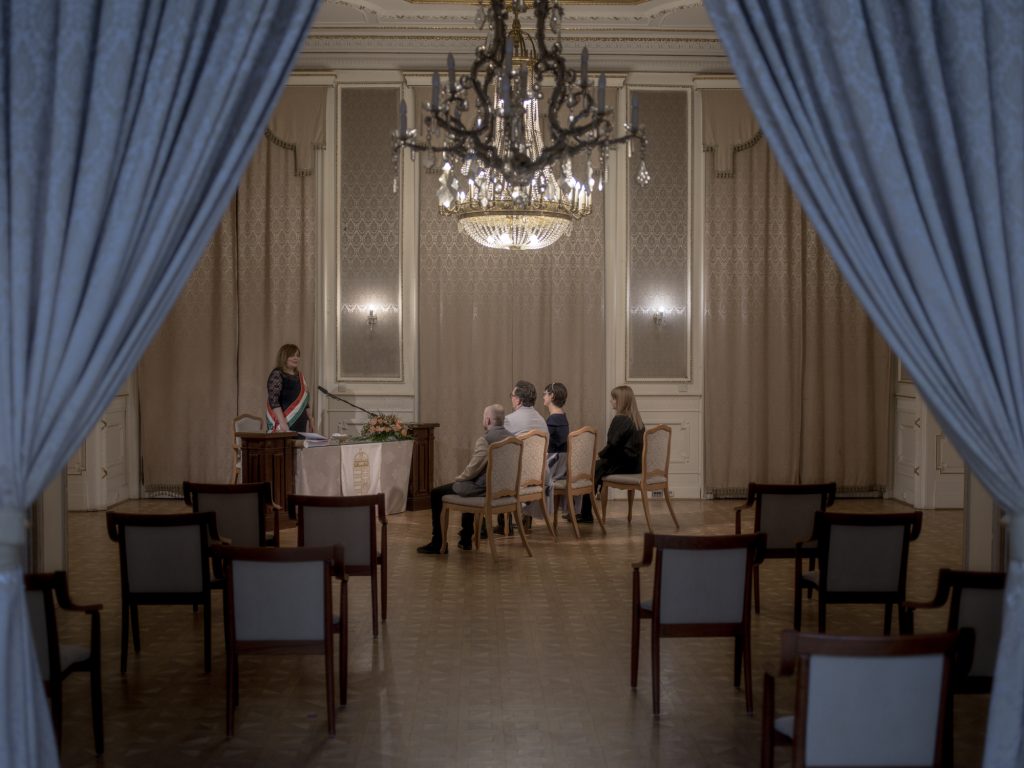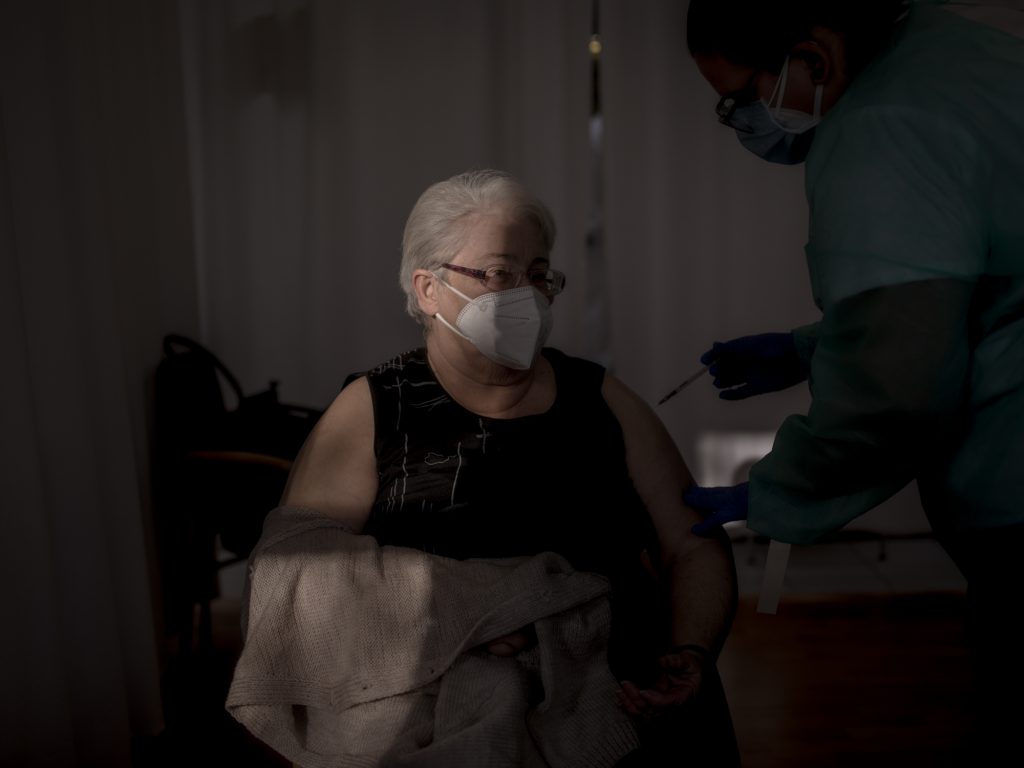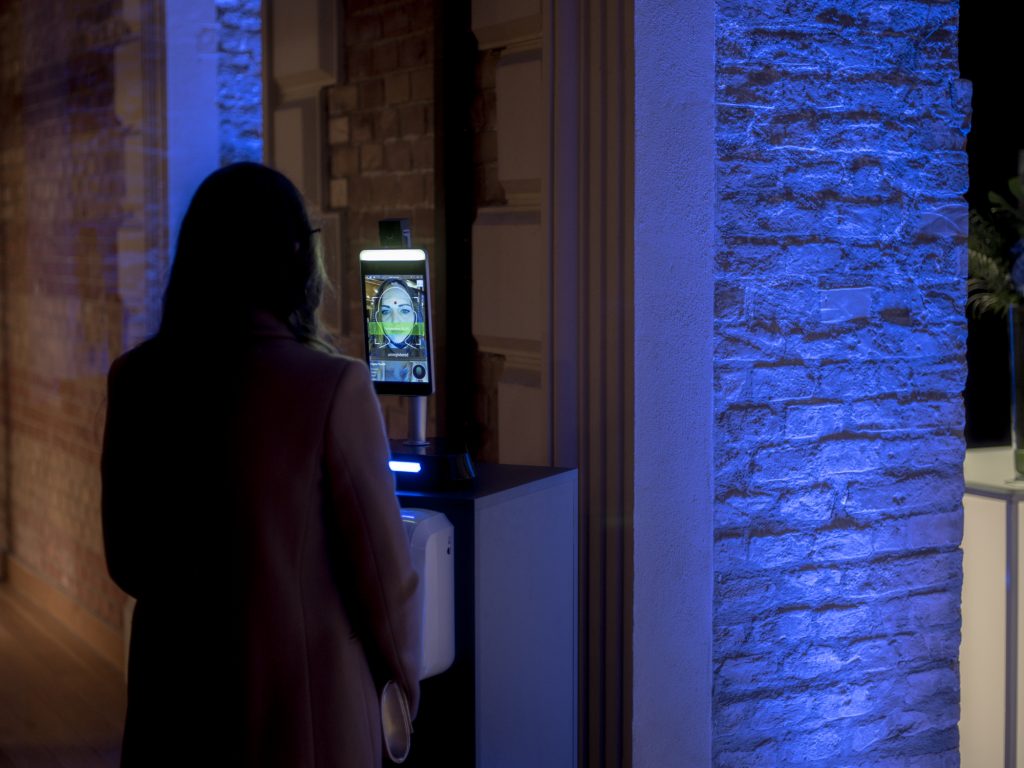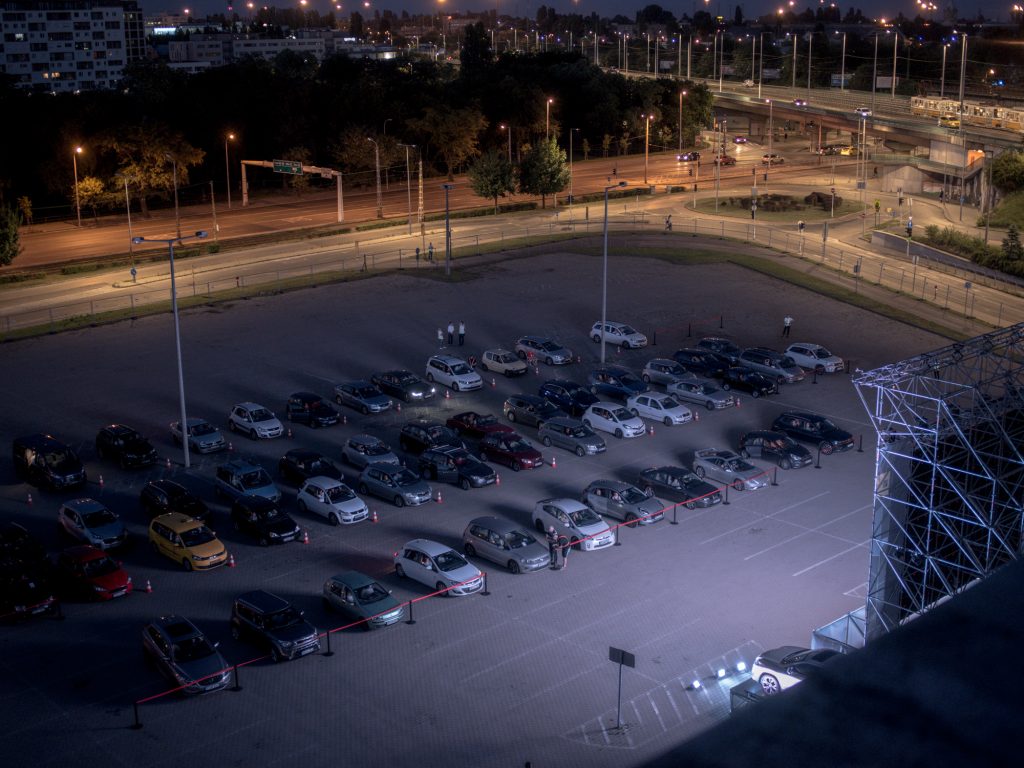Period of the new norm
The latest coronavirus, named SARS-CoV-2, forced the world into an unprecedented crisis, perhaps the biggest since WWII.
Our lives suddenly and drastically changed, we were confronted with a new norm, bringing new terminologies, unheard by many of us before. Social distancing, curfew, travel ban, citywide lockdown, closed borders, rapid testing, mandatory face covering, regular disinfecting — all have become tools in a battle against an invisible enemy.
Social distancing, a new norm in the fight against the spread of COVID-19 infections, may remain an essential part of our daily lives in the near future. Due to the coronavirus pandemic, public health experts require us to keep our distance from one another. However, this proves to be more difficult than it sounds, because it goes against human nature’s natural desire for social connection.
The pandemic is especially challenging, because it requires us to protect not only ourselves, but also other people we do not know, nor particularly care about their well-being. The limitations of social interactions, the result of social distancing, affected the well-being of human psyche. The virus is a danger to both our physical and mental health. It is difficult to say how much longer the pandemic will last. Research shows that in many years from now the SARS-CoV2 will become one of many seasonal strains of the coronaviruses. Today the virus is still changing and moving through the world, and it has yet to reach its peak worldwide, bringing new strains and variants in its path for the future.
In Hungary, the restrictions have been eased quite significantly since the occurrence of the now global coronavirus pandemic in early 2020. However, if we take the shocking figures of Covid complications, the ease of the restrictions may not have been the best decision. Hungary has an exceptionally high mortality rate even compared to the most infected countries. In the country, the total number of deaths caused by Covid 19 has exceeded 40,000 out of a population of around 10 million this year.
We can rest assured that this is a new beginning with severe economic consequences, substantially shaping the years coming ahead. We could probably say this is the world war of our generation. The COVID-19 pandemic has already changed our lives and the outbreak has highlighted many issues in our societies.
I have been closely following the effects of COVID-19 in Hungary since 2020. My goal is to create a photo essay portraying the changes brought upon by the coronavirus pandemic, and their effects on Hungarian society.




